You may be obliged to wage war, but not to use poisoned arrows
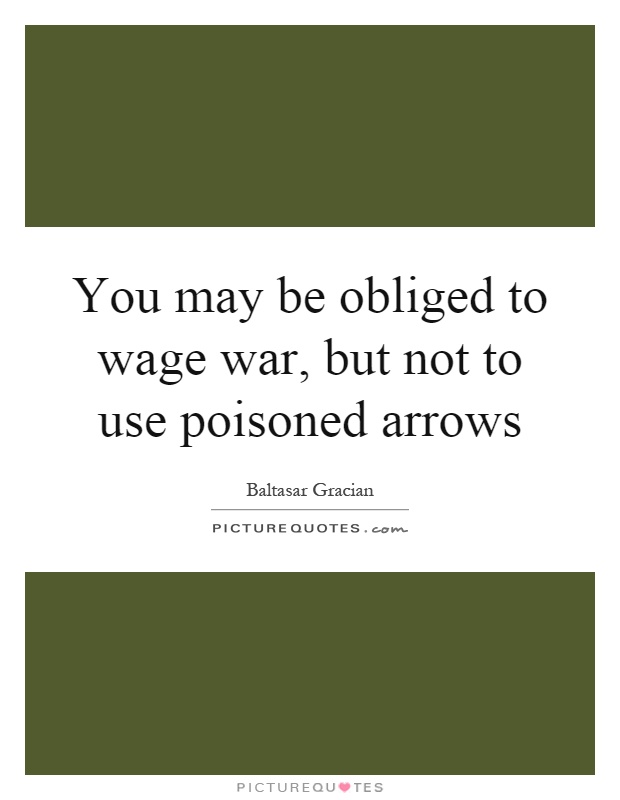
You may be obliged to wage war, but not to use poisoned arrows
The quote "You may be obliged to wage war, but not to use poisoned arrows" is a powerful reminder of the importance of maintaining one's integrity and moral compass even in the midst of conflict. This sentiment is particularly relevant in the context of the teachings of Baltasar Gracian, a 17th-century Spanish Jesuit and philosopher known for his works on ethics, politics, and human behavior.Gracian believed in the importance of living a virtuous life and conducting oneself with honor and dignity, even in the face of adversity. He emphasized the importance of maintaining one's principles and values, even when faced with difficult decisions or challenging circumstances. In the context of warfare, Gracian's teachings suggest that while it may be necessary to engage in conflict at times, it is never acceptable to resort to dishonorable or unethical tactics, such as using poisoned arrows.
Using poisoned arrows in warfare is a metaphor for employing deceit, treachery, or underhanded tactics to achieve one's goals. Gracian would argue that such actions not only undermine one's own integrity and moral standing but also have long-lasting negative consequences for society as a whole. By resorting to poisoned arrows, one not only compromises their own values but also perpetuates a cycle of violence and mistrust that ultimately harms everyone involved.
Instead, Gracian would advocate for approaching conflict with a sense of honor, courage, and integrity. He believed that true strength lies in upholding one's principles and values, even in the face of adversity. By conducting oneself with dignity and respect, even in the midst of war, one can inspire others to do the same and work towards a more peaceful and just resolution to conflicts.
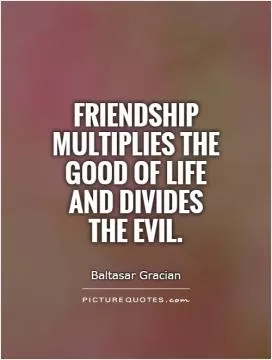
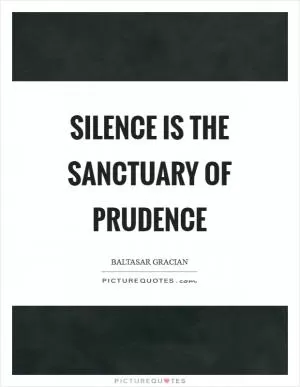
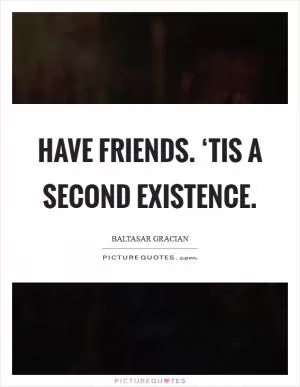
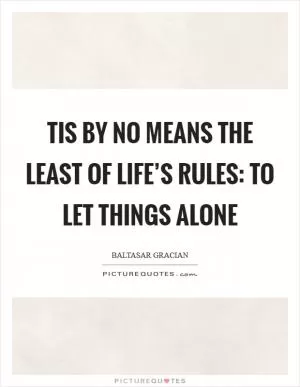
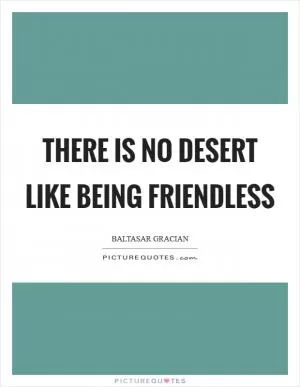
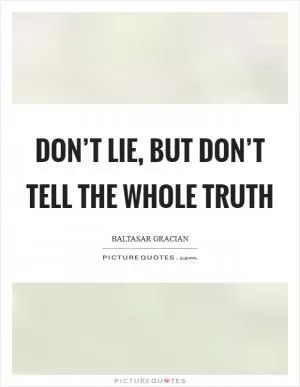


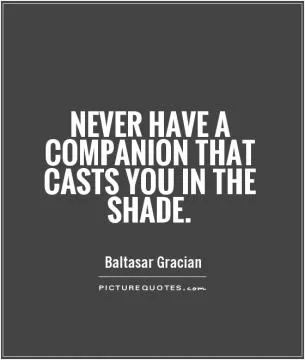


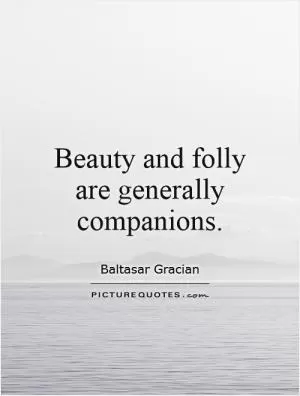
 Friendship Quotes
Friendship Quotes Love Quotes
Love Quotes Life Quotes
Life Quotes Funny Quotes
Funny Quotes Motivational Quotes
Motivational Quotes Inspirational Quotes
Inspirational Quotes